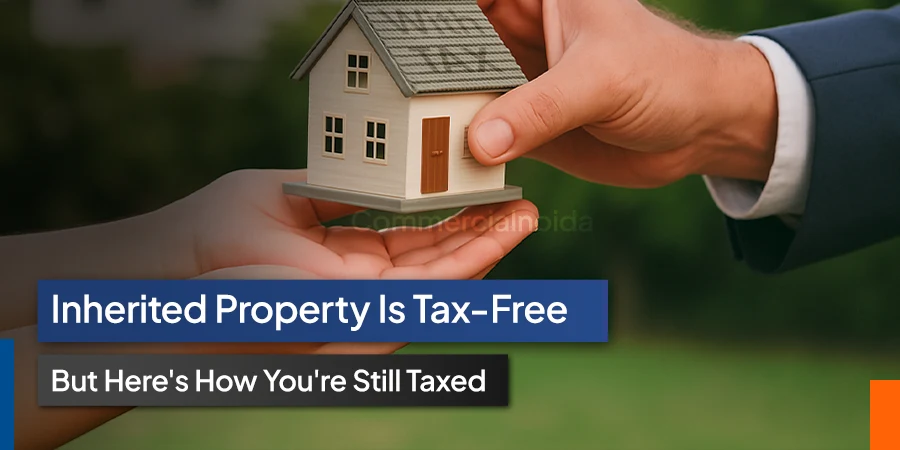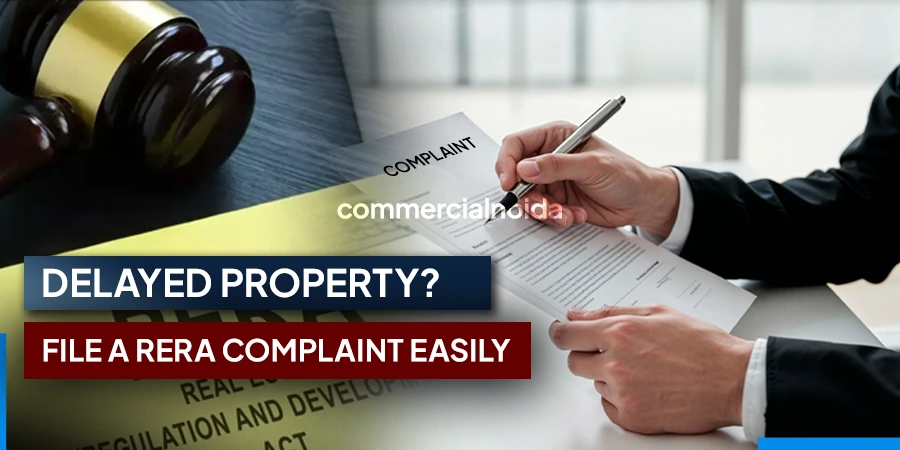Relinquishment Deed: How to transfer your property share?

I presume you have landed on this blog because you might be looking for ways to transfer your share of jointly owned property to another co-owner or legal heirs without taking any money in exchange.
If yes…
Then this blog is for you.
When you need Relinquishment Deed?
The need for relinquishment deed occurs only in jointly owned proeprty. It might be ancestral (family-owned property) or, sometimes, self-acquired (purchased).
Now, if you want to transfer your share in a jointly owned property without money to another co-owner or legal heir, you need relinquishment deed. But before that, you need to understand one more term that works in the same way, which will help you when transferring the property.
Transferring the share of jointly owned property.
While transferring your share, you must first decide two things:
• Are you transferring it to an outsider (non-family member)
• or within your family or to legal heirs?
If you want to transfer it to an outsider without money, you have to make a gift deed.
But in this blog, we are talking about property transfer to another co-owner or within the family, so we have to create a relinquishment deed.
What is a Relinquishment deed?
A relinquishment deed is made when you want to transfer your property share without taking any money. The deed is used when you transfer your property share to another co-owner or legal heirs within the family.
Difference between Relinquishment Deed and a Gift Deed?
The difference between the two has been summarized in the table below in a simple manner.
How to make a relinquishment deed?
To make a relinquishment deed, you have to first compile all the necessary documents, then have it drafted by a legal expert, and register it at the sub-registrar's office.
Documents we need to make a relinquishment deed.
Relinquishment deed format
Registering the deed in the sub registrar office.
• Draft deed on 100 stamp paper through a legal professional
• Visit local sub-registrar office (SRO)
• Ensure all involved parties are present
• Bring two witnesses with ID proof
• Registration fee: 100 to 250
• Officials review documents for approval
• Collect registered deed from SRO office
What is stamp duty on relinquishment deed?
The stamp duty applicable on a relinquishment deed is lower for family members. For any other person, like a co-owner, it varies from 1 to 6 percent.
Legal Provisions dealing with Relinquishment Deed
There are two major Acts that deal with it: (i) the Indian Stamp Act, 1899, and (ii) the Registration Act, 1908.
In short, a relinquishment deed is made only when you transfer property within the family or to a co-owner, generally for inherited property. The deed functions in the same way as a gift deed, but a gift deed is used for non-family members.
Frequently Asked Question
Is relinquishment deed enough to sell property?
No, a relinquishment deed is not made to sell property, as selling property involves money. The deed is used to transfer a property share to a co-owner or other legal heir without the exchange of money.
Does a relinquishment deed attract stamp duty?
Yes, a relinquishment deed does have stamp duty, varying from 1 to 6 percent. However, in some cases, the stamp duty might be lower.
Can a relinquishment deed be cancelled?
Generally, the deed is irrevocable, but in some cases, it can be revoked on grounds such as intimidation, fraud, or undue influence.
Is an unregistered relinquishment deed valid?
No, it is not valid.
According to Section 17 of the Registration Act, 1908, any instrument transferring or extinguishing rights in real property must be registered to be valid. Therefore, an unregistered relinquishment deed is not valid.
Disclaimer: The content is written for educational purposes only. Always consult a legal expert before dealing with such deeds.




























































































































.webp)

































































































.webp)
















































































.webp)
































































































